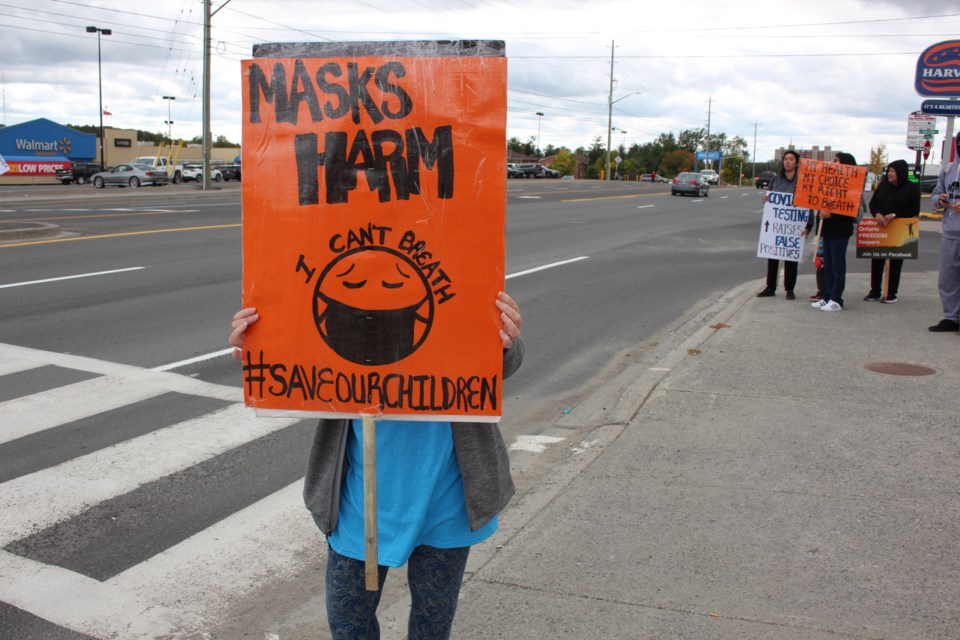I’ve long considered myself to be a scientific skeptic. That doesn’t mean I’m a naysayer; it just means that I demand a high standard of evidence when encountering a new fact.
It means, to me, that I am absolutely opened-minded to all possibilities, but for a possibility to become a probability, and for a probability to become a fact, you better have something meaty to back it up.
I trust that scientists, trained evidence-testers and question-askers, will follow the scientific method (one of, if not the, greatest invention of the human mind), ask questions, test, fail, test again, replicate, duplicate, seek criticism. And find answers.
Science is self-correcting. That’s what makes it so special. It doesn’t rest on its laurels. It is never comfortable. It is always second-guessing.
That’s how we arrive at something that resembles fact (or as close to it as we can possibly get): by making errors, correcting those errors and testing again.
I don’t buy into any of the anti-pandemic conspiracies, even though I’m open to the possibility they exist.
A few outliers aside, and there are very few credible outliers, the medical and scientific communities are firm: the pandemic is real; COVID-19 is not a flu and it, too, is real; masks absolutely offer protection, and; vaccination is not a “terrorist bio-weapon that will alter your DNA” (we get messages at Sudbury.com almost daily featuring that phrase or something similar) -- vaccination works and inoculation is one of humanity’s great discoveries, liberating generations of humans, billions of people, from the burden of diseases that once killed and maimed us with abandon.
I believe these things to be true not because of any political or ideological position that I hold; I believe these things because thousands of scientists have asked questions, conducted research and zeroed in on answers. And the evidence is more than ample.
But not everyone accepts the facts as laid out by science. Some people think science has an agenda or is tainted by politics or ideology. Or that scientists are in cahoots with Big Pharma, the deep state or some other conspiracy theory boogeyman.
I’m sure you know someone like that. Some of you likely have someone who thinks that way who is very close to you.
I know I do. And it’s painful. It’s painful there are topics I’m afraid to broach with this person, a person I love dearly, a person I would do anything for. It’s painful that a yawning gulf has opened between us and that we haven’t spoken in some time, like a few months.
It really hurts. It hurts that we’re on two sides when we should be on the same page. But we’re not, and I don’t know how to fix the situation.
Do I address the discomfort and risk an argument that could damage the relationship beyond repair? Is it possible to just move forward without addressing the elephant in the room, such that the discomfort will eventually fade?
I don’t have an answer. But I wish I had the courage to pick up the phone and call. I’ve been trying for months to drum up the willingness to do that. And I always talk myself out of it.
COVID-19 has kept us -- all of us, you, me and everyone we know -- apart for a year now. That’s been difficult.
But what’s worse, at least for me, is that the virus has driven a wedge between me and someone I love. And that’s more painful than anything COVID-19 has thrown at me.
Mark Gentili is the community editor of Sudbury.com.
